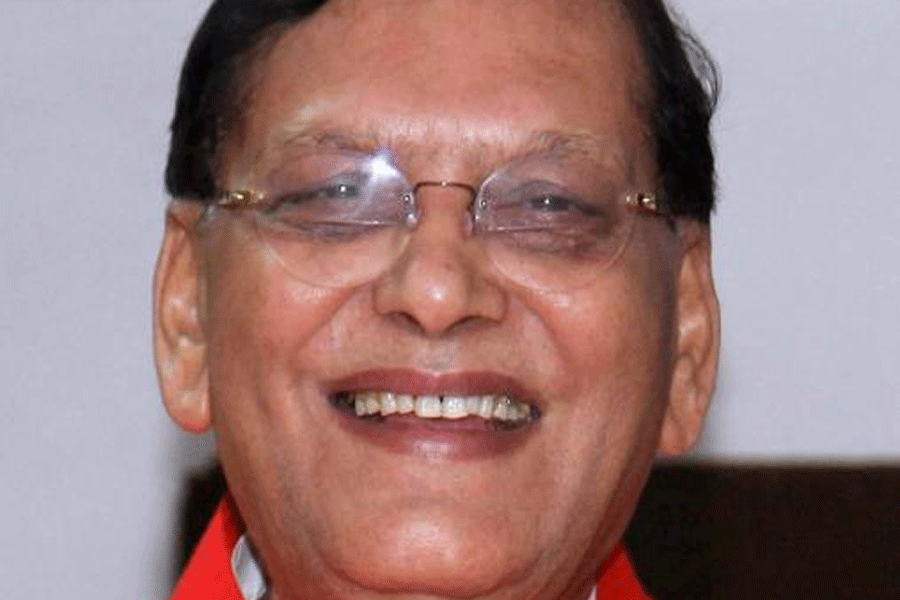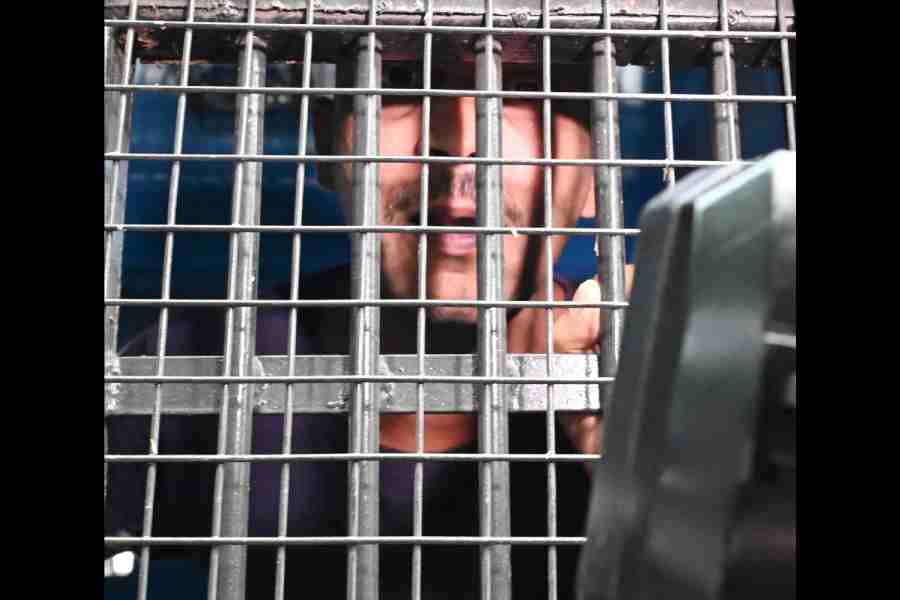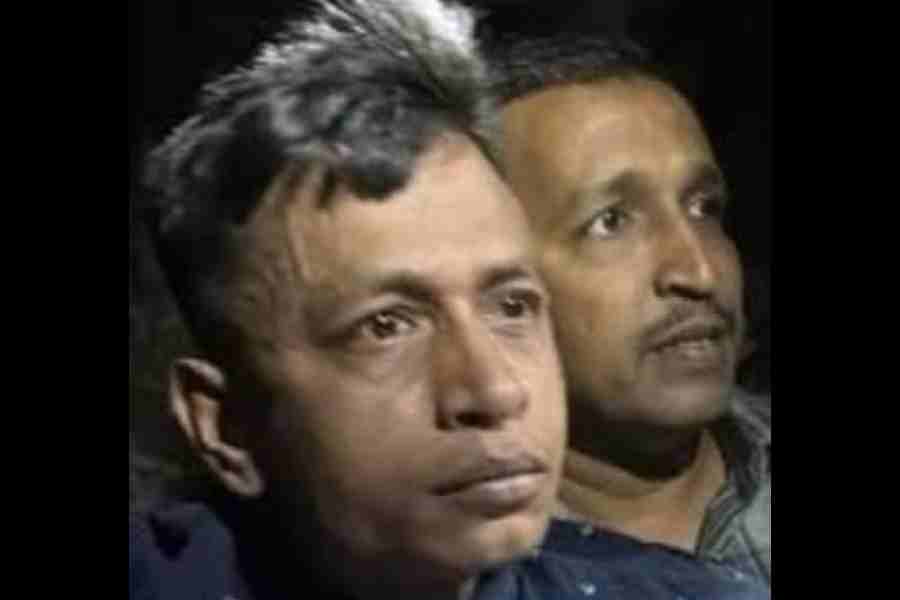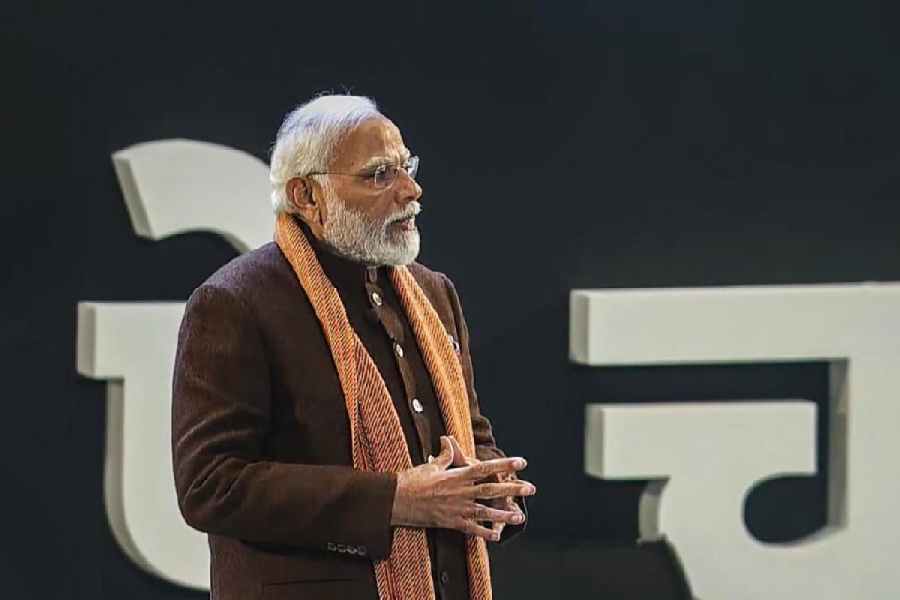A pioneer of public toilets in the country, Bindeshwar Pathak came to be known as the "Toilet Man of India" long before the Swachch Bharat Mission made toilets a part of public discourse.
Pathak had famously recalled once how his father-in-law felt that his daughter's life had been ruined as he cannot tell anyone what his son-in-law did for a living.
Pathak, 80, died on Tuesday after a cardiac arrest soon after he collapsed after unfurling the national flag at the Sulabh International headquarters on Independence Day, an aide said.
Pathak launched Sulabh in 1970, which over the past five decades has installed over 16 lakh public and household toilets and played a key role in turning around the sanitation situation in the country.
“I was sucked into the sector after working as a volunteer to celebrate Mahatma Gandhi’s centenary in 1968 and, in the process, witnessed first-hand the sufferings of the manual scavenger community in Bihar and how their basic human rights and dignity were compromised,” Pathak told The Telegraph a few years ago during the making of a documentary on the arsenic situation in Bengal.
In November 2016, Indian Railways joined hands with Sulabh International and nominated Pathak as the brand ambassador of its Swachh Rail Mission.
“I knew him personally since 1978. He was a pioneer in linking sanitation and society. He quickly understood no social reform was possible without appropriate technology. It is a great loss for the country,” said Professor K.J. Nath, retired director of the All India Institute of Hygiene and Public Health, on Wednesday evening.
Pathak, referred to by many as the "Sanitation Santa Claus", was born in a Brahmin family in Rampur Baghel village in Vaishali district of Bihar. He is survived by his wife, two daughters and a son.
Designs pioneered by Pathak three decades ago of creating biogas by linking Sulabh toilets to fermentation plants have now become a byword for sanitation in developing countries all over the world.
One of the distinctive features of Pathak's project lies in the fact that besides producing odour-free biogas, it also releases clean water rich in phosphorus and other ingredients which are important constituents of organic manure.
Now, Sulabh operates and maintains toilets at railway stations and temple towns across the country. It has more than 9,000 community public complexes in India in 1,600 towns. These complexes have electricity and 24-hour water supply. The complexes have separate enclosures for men and women.











